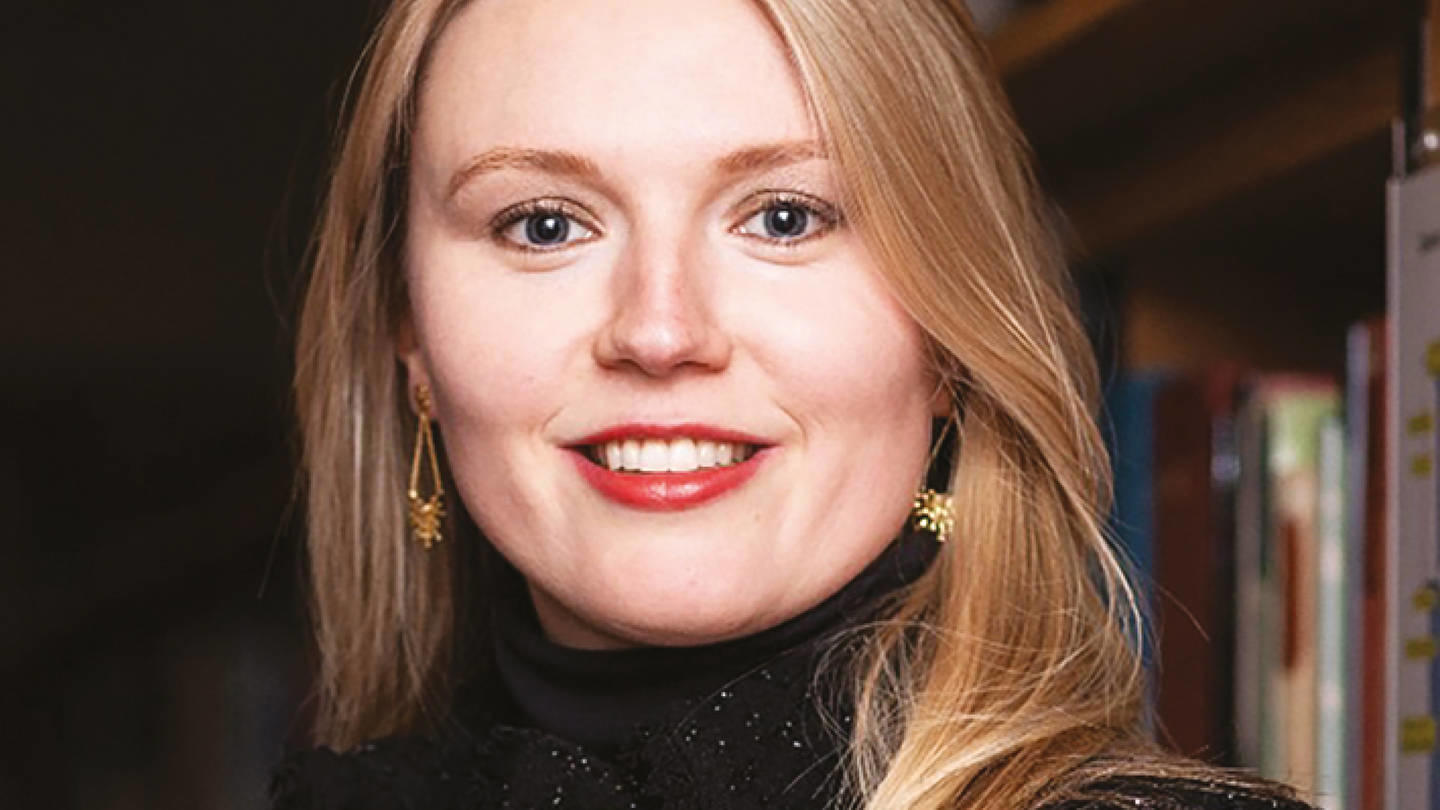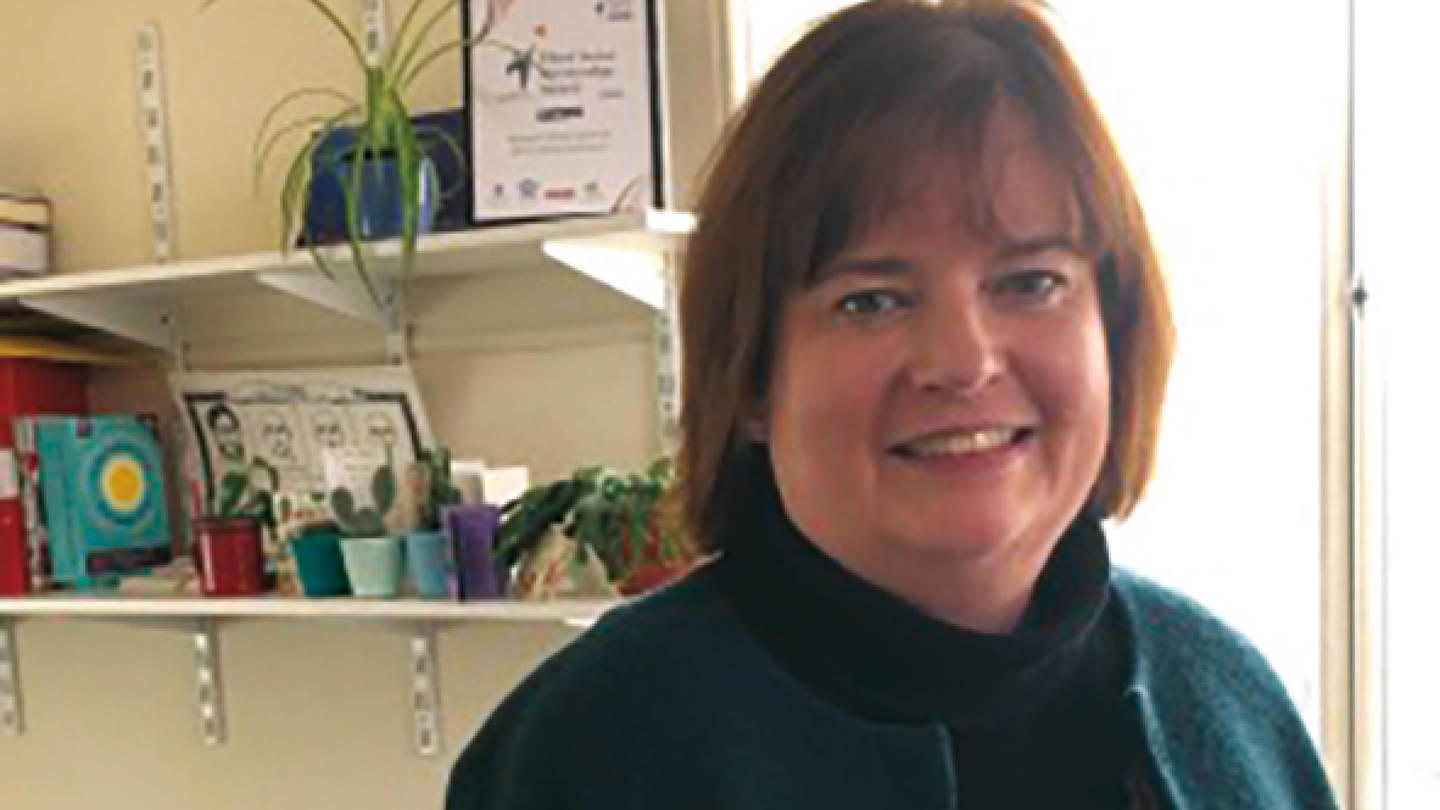Although social services and the National FGM Centre have agreed the child is at high risk, it is likely that she and her mother (who is from Sudan but has Bahraini citizenship) will be deported.
The case, says human rights barrister Charlotte Proudman (pictured below), illustrates inconsistencies in the UK’s position on protecting girls and women from FGM – on the one hand, any parent in the UK who is trying to have their daughter mutilated should face the full weight of the law, while on the other, a parent who is trying to protect their child from the same thing happening to them abroad is rewarded with deportation.
Avid reaction
 Charlotte Proudman
Charlotte Proudman
‘This country is zealous when it comes to prosecutions, or tries to be,’ she says. ‘And they’re very gung-ho when it comes to trying to put parents in prison for performing FGM. But when parents say they want to protect their children from FGM, to stop deportation, the Government is saying no because you’re not a British citizen, so we don’t care about you; your life isn’t as valuable.’
FGM is a crime in the UK; it is recognised as an abuse of human rights and, in some cases, as grounds for asylum. All four nations have policies in place to try to safeguard girls and women who may be at risk of FGM. In the UK, most girls and women who have been mutilated, experienced it abroad.
Data-gathering processes were introduced in the NHS in England several years ago to try and find out the prevalence of girls and women who had undergone FGM but it is almost impossible to find reliable evidence of the scale of the issue. Estimates (reported in The BMJ earlier this year) suggest that around 60,000 girls in the UK are at risk on the basis that their mothers had been mutilated, which is the biggest risk factor. In 2017-18 there were 4,495 newly identified cases of FGM recorded as part of these data-gathering processes, the vast majority of whom had been mutilated before they came to the UK.
Mandatory reporting
 Alison Scott
Alison Scott
Doctors and other health professionals are supposed to have a role in identifying victims of FGM, and since 2015 it has been mandatory in England and Wales for them to report it to the police if there is disclosure or evidence of FGM in girls aged under 18. There are similar requirements in Northern Ireland owing to broader obligations to report certain crimes.
Consultant gynaecologist Alison Scott says that the long-term effect of FGM is considerable, and that breaking the generational cycle is hard. She provided evidence in a similar immigration case to that mentioned above, where a mother was appealing against deportation from the UK on the grounds that her daughter was at high risk of FGM in her home country.
‘The woman was possibly the most traumatised patient I have ever seen,’ says Dr Scott (pictured), who is clinical lead for socially excluded women in Lothian’s sexual health service and chairs the Faculty of Sexual and Reproductive Health (Scotland).
‘The physical and mental impact of FGM was considerable, and she was terrified that the same thing would happen to her daughter. The idea that she would have been able to protect her daughter had they been deported is risible.’
In a situation like this, there is no avenue for redress; it doesn’t really exist.
Patriarchal society
Fortunately, in that case an appeal was successful and the woman and her daughter were given leave to remain, says Dr Scott, who was instrumental in setting up Alnisa, a multi-agency service for women and girls who have undergone or are at risk of FGM. For others, the story does not end so well.
Dr Proudman represented the mother of the 10-year-old girl in the family division of the high court. She says the mother is suffering from PTSD as a result of her own FGM, not least because she says her sister died as a result of the practice. She and her family arrived in the UK in 2012, when the girl was three, but their asylum claim was refused. Although the family court granted an FGM protection order to prevent the girl being removed, the home secretary challenged its power to prevent deportation.
‘What you must remember as well is that most of these individuals are not entitled to legal aid and so they can’t afford to continue with immigration solicitors to help them, whereas with family courts you are entitled to legal aid,’ says Dr Proudman, who has been working on the case pro bono.
She is scornful of the claim that the woman could protect her daughter.
‘There are some women who doubtless have a lot of agency and autonomy and are very vocal advocates but they haven’t suffered the same traumas that she has and have not grown up in the same kind of patriarchal society.
‘She is the most vulnerable client I have ever had, and I deal with all sorts of cases including child sex abuse, paedophilia and all sorts of things but she is probably the most vulnerable I’ve come across. She can barely speak; she just sits and sobs. It’s heartbreaking.’
Raise awareness
The 10-year-old girl’s case will be given a final hearing next month when the family court will make findings but will be unable to stop deportation. This decision is in the hands of the home secretary.
For many doctors, FGM is literally a hidden problem because patients will often not volunteer that it has happened to them, and few medics have been trained to recognise it.
Dr Proudman says: ‘I’ve lectured to doctors and nurses and particularly to midwives about FGM law and policy and tried to raise awareness of mandatory reporting and so forth, and what comes out of that always is this overlap between women who have undergone FGM, girls at risk of FGM, and their insecure immigration status.
‘They’re saying, how can we protect these women and girls, and really the answer is that there’s nothing that you can do. That’s what this case says, ultimately. It shows you can make the asylum application but if they’re unsuccessful in what is a very hostile immigration environment, they’re going to be deported and you can’t prevent that, even if, like in this case, the mother is saying that her daughter will be cut, and you think there’s a high risk, but the secretary of state disagrees. No one has any other authority or power to over rule that, not even the family court.’
The woman was possibly the most traumatised patient I have ever seen.
Medical examinations
Dr Scott and Dr Proudman speak of the frustration that professionals feel, not just in dealing with these cases, but because of the lack of expertise and knowledge about the issue.
‘Support services for girls at risk of FGM or particularly for women who have gone through FGM are appalling,’ says Dr Proudman. ‘There’s so few medical experts that specialise in FGM so in many cases when you need a medical examination, particularly of girls, to see if they’ve undergone FGM – and sometimes it’s very difficult to ascertain if it’s type 4 [defined by the NHS as ‘other harmful procedures to the female genitals including cutting, pricking, piercing, scraping or burning’] – there’s no one really to go to, or it’s the same experts who keep coming up time and time again, who are very busy, or you have clients needing to travel really very far to have these examinations done.’
There have been recent moves to try to improve the healthcare services available. NHS England launched eight specialist clinics for adult women in September, with health secretary Matt Hancock outlining his determination ‘to do everything I can to support the survivors of this horrific act’ and noting that ‘FGM continues to devastate lives and it is vital the NHS does what it can to help. It’s absolutely crucial we reach more women so they can access support services that take care of mental, emotional, physical and clinical needs’.
A sense of powerlessness is one of the most difficult elements, Dr Proudman adds. ‘That’s a horrendous feeling, but particularly when you’re an advocate, because the whole purpose is hopefully to win a case and to get some power back to your client – some legal redress and justice. And in a situation like this, there is no avenue for redress for her; it doesn’t really exist. It can be very harrowing to read the reports, but particularly to see the impact on the clients themselves – seeing her so upset, and knowing that there’s so little that you can do is extremely frustrating.’
The mother is saying that her daughter will be cut.
Doctors have a vital role
 FGM is a serious crime no child or woman should have to suffer, says BMA medical ethics committee chair John Chisholm
FGM is a serious crime no child or woman should have to suffer, says BMA medical ethics committee chair John Chisholm
The BMA has long recognised that doctors have a vital role in breaking the generational cycle of this illegal and harmful practice – supporting and caring for those who have undergone FGM and identifying and safeguarding those who may be at risk of FGM.
In the last few years there has been an unprecedented amount of governmental resources, initiatives, parliamentary and media coverage, policy developments, legislative changes, and new requirements on doctors, aimed at eradicating FGM.
An outline of some of these developments can be found in Health Education England’s FGM e-learning programme.
The BMA supports the position of UN agencies, that refugee and asylum status should be granted to women and girls fleeing their country to escape FGM.
Despite the UN position, worldwide only a very small number are believed to have been protected on these grounds. No data are available for FGM asylum claims in the UK.
Guidance for doctors on the entitlements and health needs of refugee and asylum seekers, including in relation to FGM, is available from the BMA.
What is female genital mutilation?
FGM (female genital mutilation) is a collective term used for a range of practices involving the removal or alteration of parts of healthy female genitalia for non-therapeutic reasons.
Different degrees of mutilation are practised by a variety of cultural groups in the UK. The World Health Organization classification of FGM – Type 1 to Type 4 – is widely used to identify and record the type of FGM a girl or woman has undergone.
All forms are mutilating and carry serious physical and psychological health risks.

